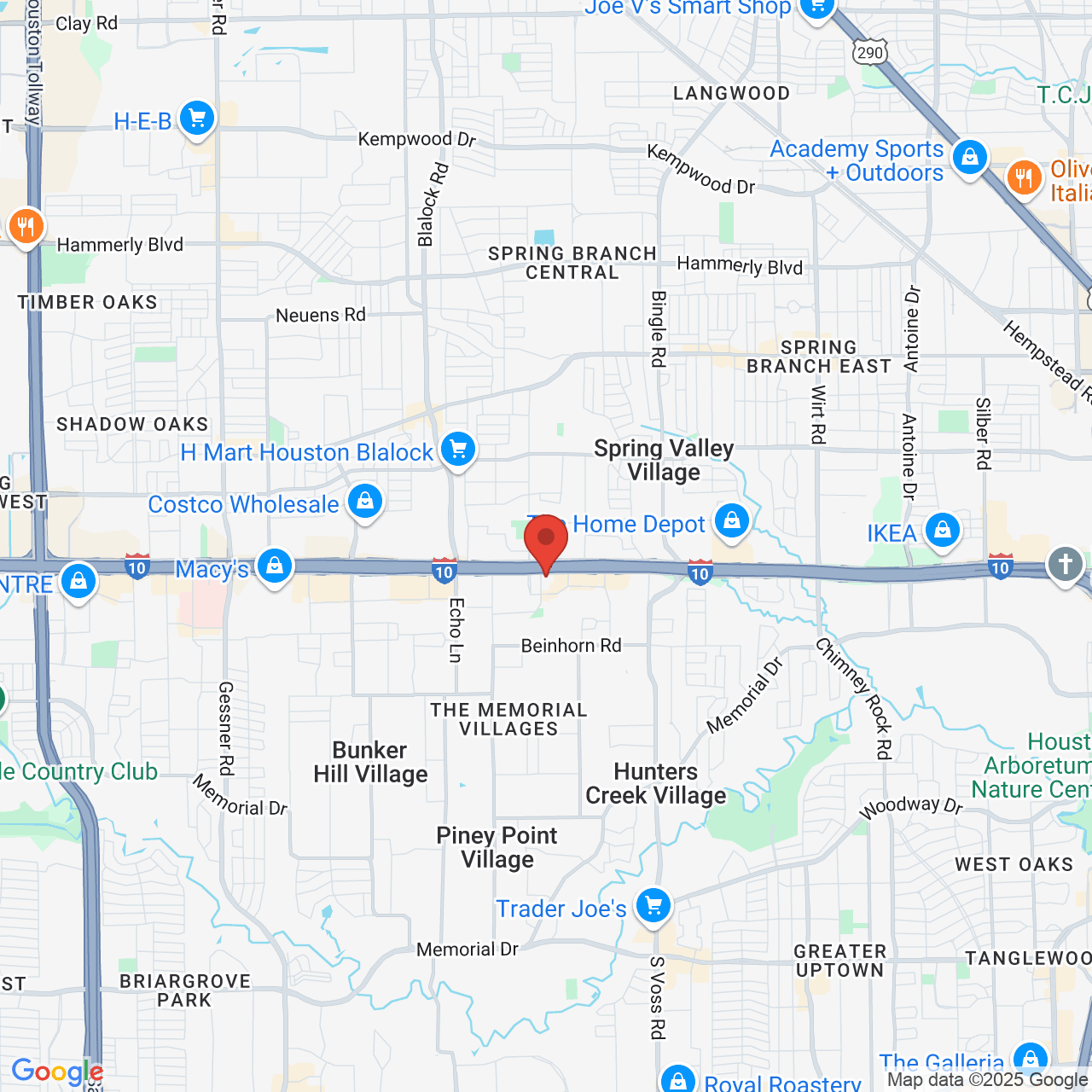How Do Fertility Patients Feel About Donor Anonymity?
I work in a medical field that is ripe with controversy at times. There's nothing casual about helping people try to create life. But I try to avoid bringing a sense of alarm to my patients, even when the news headlines are worrisome. I do think there's a place for staying updated, though, when the news is about laws that may find their way into how I practice reproductive endocrinology and how my patients' treatments will be impacted.
The most recent such item is a state law that's about to bump up against the way things are often done for patients who need third-party reproductive treatment. Later this month, the state of Washington will enact a law that chips away at the anonymity of egg and sperm donors.
Now, most fertility specialists and their patients have been sharing medical history from their egg and sperm donors. It makes good common sense in light of what we know about genetic transmission of many things. If you have a baby using an anonymous donor's sperm or eggs, you likely at least want to know if there are potential medical conditions that may show up in your child. But the sharing of identifying information about donors has long been handled case-by-case, depending on the needs and comfort level of the donors and the fertility patients.
The Washington state law requires that anyone who donates eggs or sperm must provide both medical history and identifying information. Also, children born from third-party reproductive techniques will now be allowed to obtain the donor's information from the fertility clinic once the child becomes 18 years old. However, donors can file a disclosure veto with the clinic that prevents the identifying info from being revealed to the offspring; only the medical history is mandated to be disclosed on request.
This is a first in the United States, but it's not a surprise. Adult donor offspring over the past few years have been gathering to make their needs known. In some countries, donor anonymity is already a thing of the past. America has been slow to legislate these unique and intimate relationships. Those of us impacted by such laws -- fertility specialists, patients, and their families -- will be watching with interest to see if Washington state encounters some of the challenges that have resulted in other nations, most notably a serious decline in the number of available sperm and egg donors. In the meantime, I will continue serving my patients' best interests by providing access to the highest quality fertility care available, including third-party reproductive technology.
~ Dr. Sonja Kristiansen MD
Here's what Huffington Post blogger Naomi Cahn had to say about the new law and its potential repercussions: The Biological Clock -- for Donor-Conceived Offspring?


